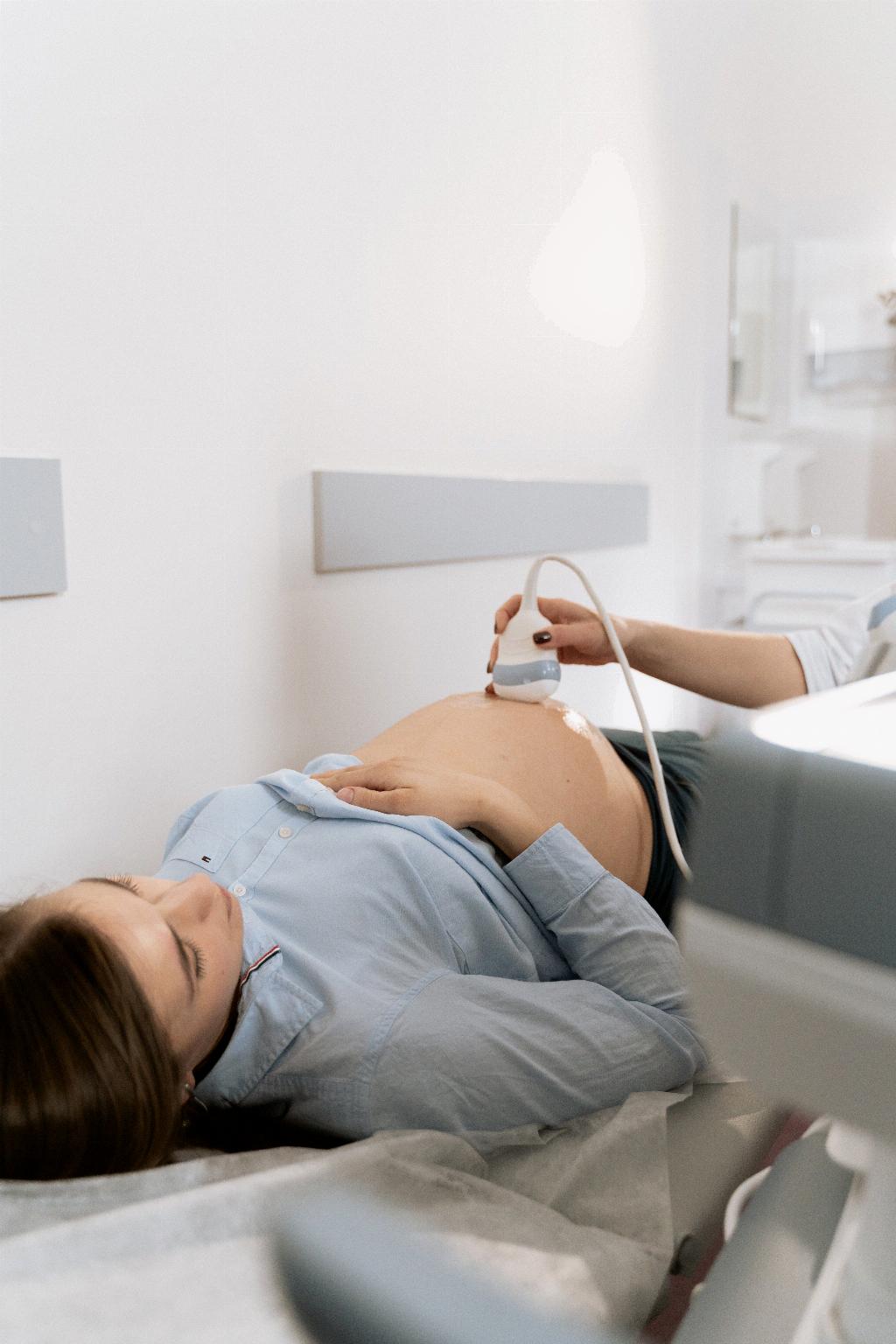When discussing ectopic pregnancies, it is crucial to comprehend the unique nature of this condition. An ectopic pregnancy occurs when a fertilized egg implants and grows outside the main cavity of the uterus, usually in the fallopian tube. This situation is considered a medical emergency as it can lead to severe complications if left untreated.
One common question that arises is how often ectopic pregnancies resolve on their own without the need for medical intervention. Interestingly, research has provided valuable insights into this aspect, indicating that in cases where pregnant women with ectopic pregnancies are carefully monitored and their beta hCG levels (pregnancy hormone) are decreasing appropriately, up to 50% of these pregnancies can resolve naturally.
It is important to highlight that the resolution of an ectopic pregnancy without medical intervention typically occurs in specific circumstances where the pregnancy is located in a favorable position within the fallopian tube and the hormone levels are declining as expected. This natural resolution process is often referred to as a spontaneous resolution.
For individuals experiencing an ectopic pregnancy, close monitoring and timely medical assessment are essential to determine the most suitable course of action. Physicians will often conduct regular blood tests to monitor beta hCG levels and perform ultrasounds to assess the development and location of the pregnancy.
Despite the possibility of natural resolution in certain cases, it is critical to emphasize that not all ectopic pregnancies will resolve on their own. In instances where the pregnancy is not resolving spontaneously or poses a risk to the individual’s health, medical intervention such as surgery or medication may be required to address the condition effectively.
Factors such as the size and location of the ectopic pregnancy, the individual’s symptoms, and the presence of complications play a significant role in determining the appropriate treatment approach. Therefore, close collaboration between the individual and healthcare providers is essential to ensure the best possible outcome.
While the concept of ectopic pregnancies resolving naturally can offer a glimmer of hope for some individuals, it is crucial to approach this information with caution and rely on medical guidance for personalized care. Every ectopic pregnancy case is unique, and decisions regarding management should be based on individual assessments and medical recommendations.
Ultimately, the resolution of an ectopic pregnancy without medical intervention is a complex phenomenon that requires careful monitoring and evaluation. Individuals facing this situation should seek prompt medical attention and follow the advice of healthcare professionals to ensure the most appropriate management and optimal outcomes.
In conclusion, the frequency of ectopic pregnancies resolving on their own is influenced by various factors such as the location of the pregnancy, hormone levels, and overall health of the individual. While research indicates that up to 50% of ectopic pregnancies can resolve naturally under specific circumstances, proactive medical evaluation and guidance remain crucial in determining the most suitable course of action for each unique case.

